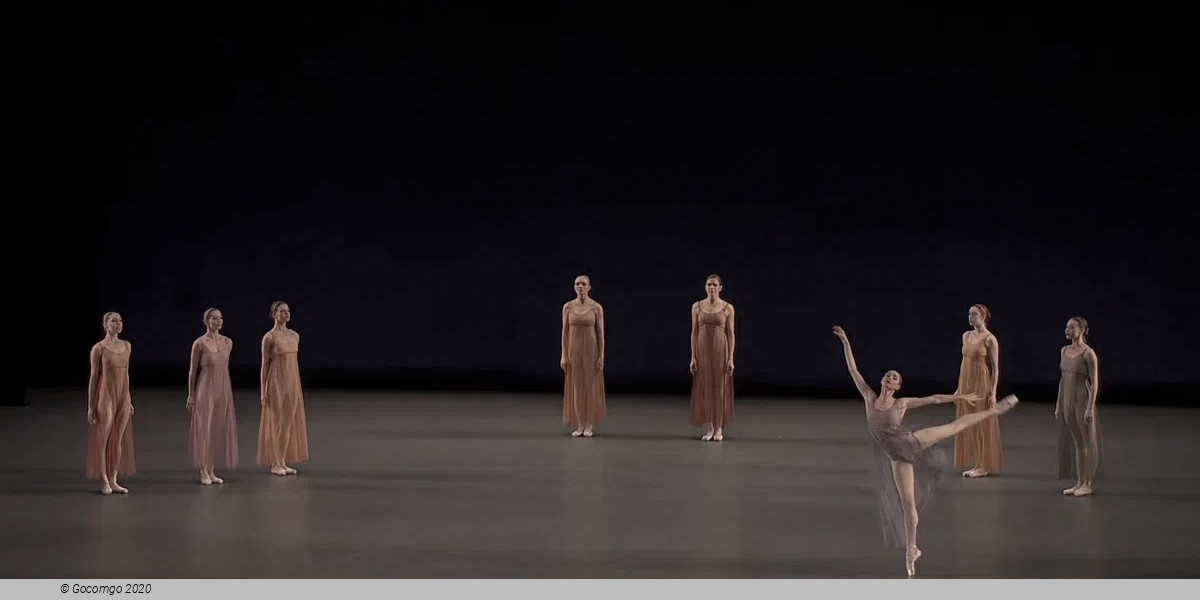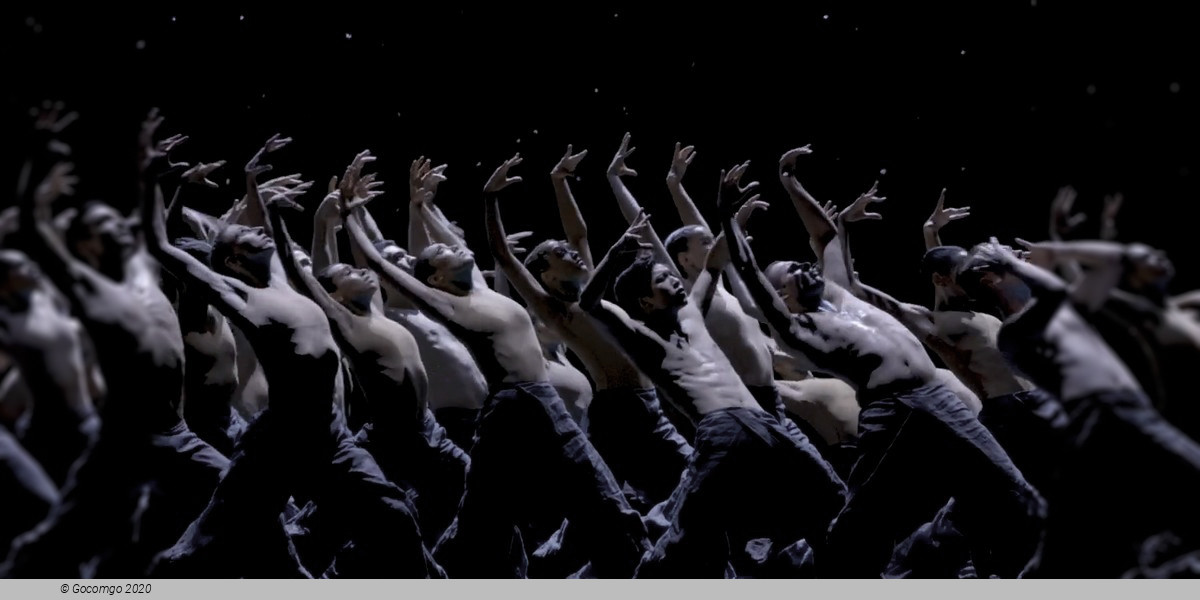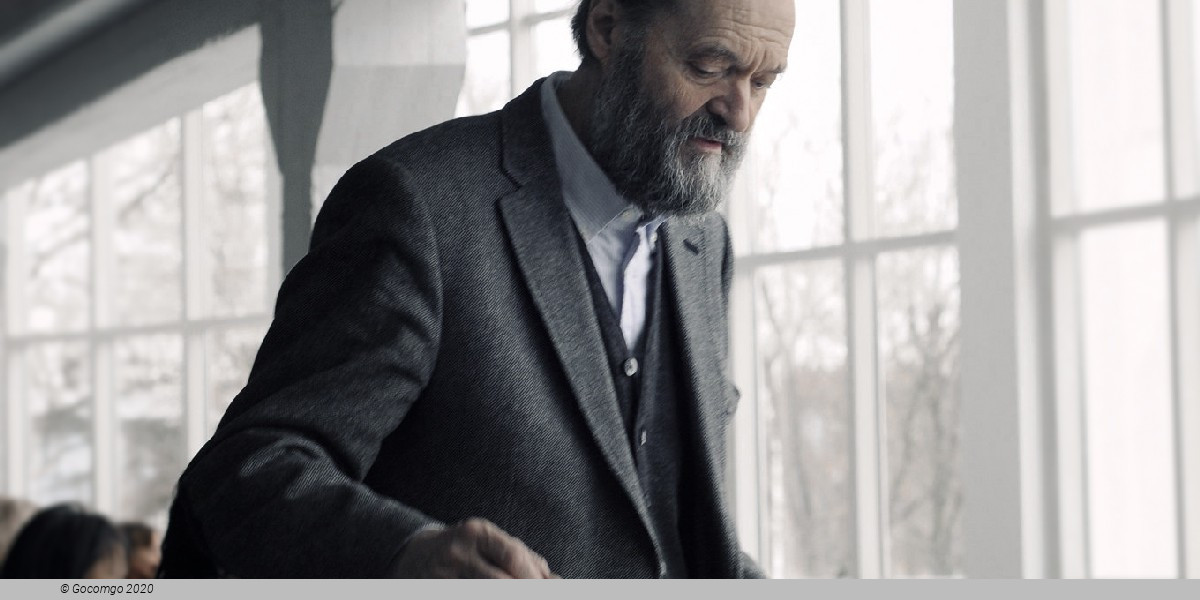Events26 results
About
Arvo Pärt is an Estonian composer of classical and religious music. Since the late 1970s, Pärt has worked in a minimalist style that employs his self-invented compositional technique, tintinnabuli. Pärt's music is in part inspired by Gregorian chant. His most performed works include Fratres (1977), Spiegel im Spiegel (1978), and Für Alina (1976). Since 2011 Pärt has been the most performed living composer in the world.
Pärt was born in Paide, Järva County, Estonia and was raised by his mother and stepfather in Rakvere in northern Estonia. He began to experiment with the top and bottom notes of the family's piano as the middle register was damaged. Pärt's musical education began at the age of seven when he began attending music school in Rakvere. By the time he reached his early teenage years, Pärt was writing his own compositions. His first serious study came in 1954 at the Tallinn Music Middle School, but less than a year later he temporarily abandoned it to fulfill military service, playing oboe and percussion in the army band. After his service he attended the Tallinn Conservatory, where he studied composition with Heino Eller and it was said of him, "he just seemed to shake his sleeves and the notes would fall out". As a student, he produced music for film and the stage. During the 1950s, he also completed his first vocal composition, the cantata Meie aed ('Our Garden') for children's choir and orchestra. He graduated in 1963. From 1957 to 1967, he worked as a sound producer for the Estonian public radio broadcaster Eesti Rahvusringhääling.
Pärt was criticized by Tikhon Khrennikov in 1962, for employing serialism in Nekrolog (1960), the first 12-tone music written in Estonia, which exhibited his "susceptibility to foreign influences". But nine months later he won First Prize in a competition of 1,200 works, awarded by the all-Union Society of Composers, indicating the inability of the Soviet regime to agree consistently on what was permissible. In the 1970s, Pärt studied medieval and Renaissance music instead of focusing on his own composition. About this same time, he converted from Lutheranism to Orthodox Christianity.
In 1980, after a prolonged struggle with Soviet officials, he was allowed to emigrate with his wife and their two sons. He lived first in Vienna, where he took Austrian citizenship and then relocated to Berlin, Germany, in 1981. He returned to Estonia around the turn of the 21st century and for a while lived alternately in Berlin and Tallinn. He currently resides in Laulasmaa, about 35 kilometres (22 mi) from Tallinn. He speaks fluent German and has German citizenship as a result of living in Germany since 1981.
In 2014 The Daily Telegraph described Pärt as possibly "the world's greatest living composer" and "by a long way, Estonia's most celebrated export". But when asked how Estonian he felt his music to be, Pärt replied: "I don’t know what is Estonian... I don’t think about these things." Unlike many of his fellow Estonian composers, Pärt never found inspiration in the country's epic poem, Kalevipoeg, even in his early works. Pärt said "My Kalevipoeg is Jesus Christ."
Familiar works by Pärt are Cantus in Memoriam Benjamin Britten for string orchestra and bell (1977) and the string quintet Fratres I (1977, revised 1983), which he transcribed for string orchestra and percussion, the solo violin "Fratres II" and the cello ensemble "Fratres III" (both 1980).
Pärt is often identified with the school of minimalism and, more specifically, that of mystic minimalism or holy minimalism. He is considered a pioneer of the latter style, along with contemporaries Henryk Górecki and John Tavener. Although his fame initially rested on instrumental works such as Tabula Rasa and Spiegel im Spiegel, his choral works have also come to be widely appreciated.
In this period of Estonian history, Pärt was unable to encounter many musical influences from outside the Soviet Union except for a few illegal tapes and scores. Although Estonia had been an independent state at the time of Pärt's birth, the Soviet Union occupied it in 1940 as a result of the Soviet–Nazi Molotov–Ribbentrop Pact; and the country would then remain under Soviet domination—except for the three-year period of German wartime occupation—for the next 51 years.





